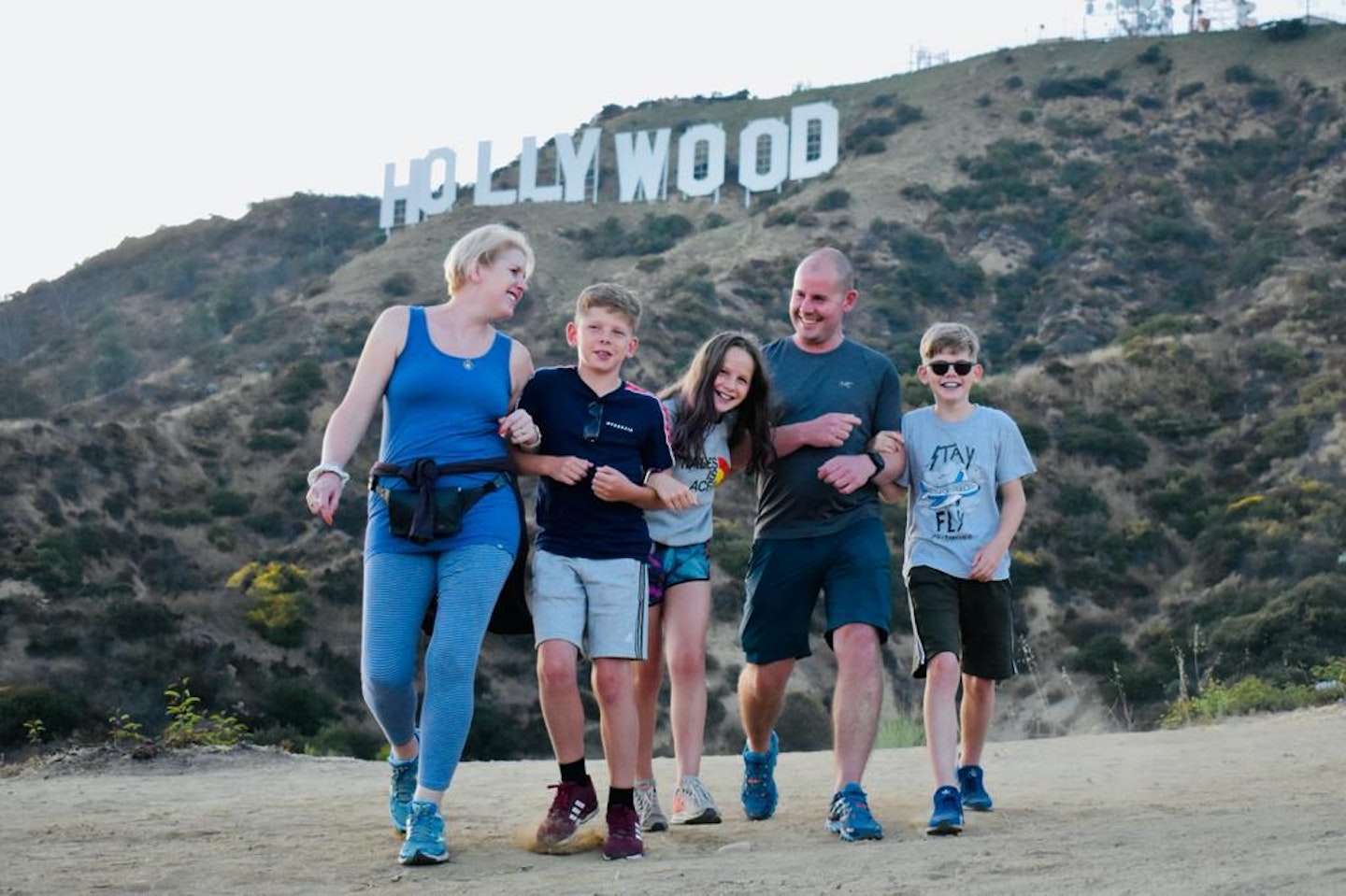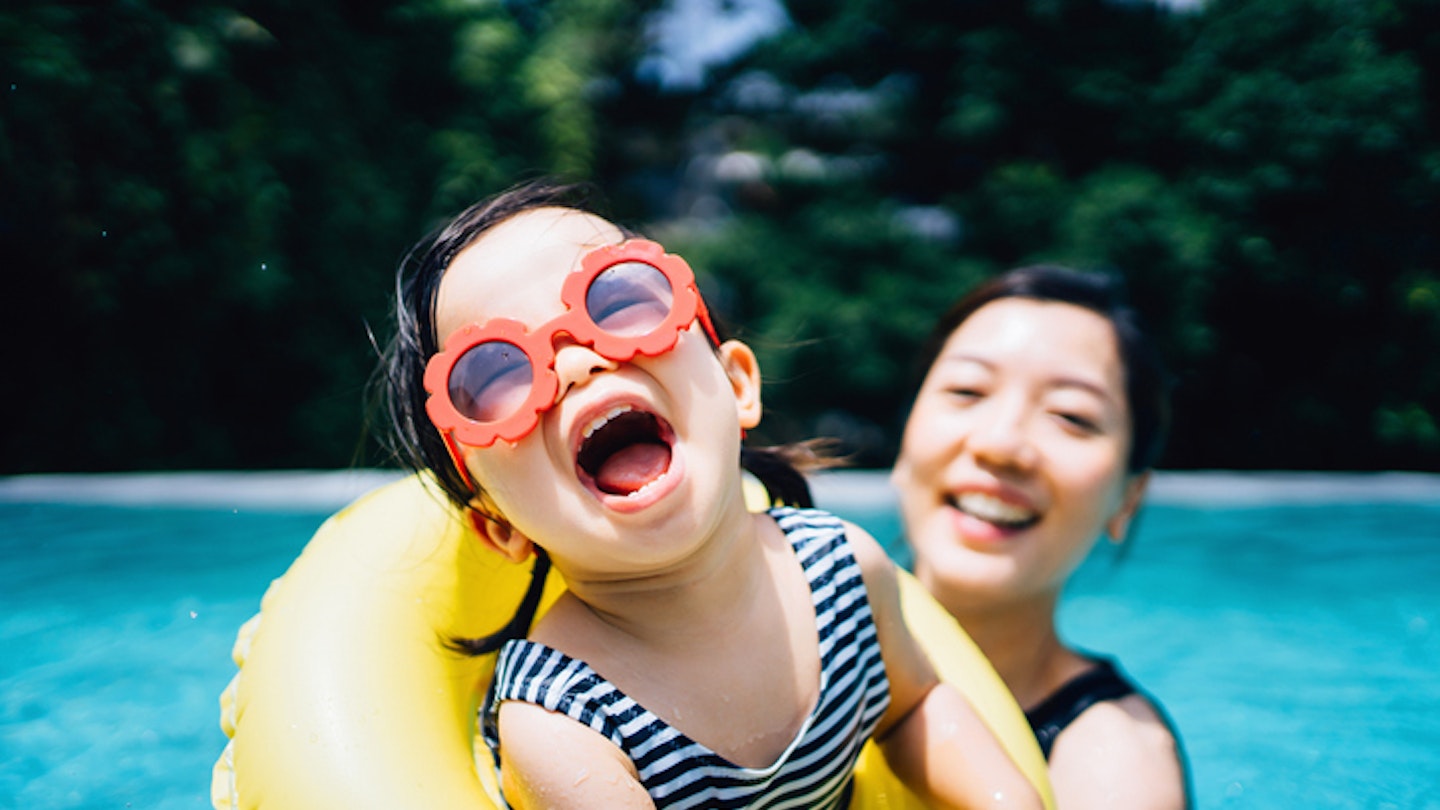Never again,’ I said to my husband, as we touched down at Heathrow airport after a week in France with our three children. He nodded grimly. While eight-year-old Josh and seven-year-old George had loved their first taste of foreign holiday, Evie (also seven) had been a nightmare. Every day out resulted in a tantrum, making it impossible to eat out or visit any attractions, and even in the hotel she was volatile and difficult to handle. Far from being relaxed, we were returning home exhausted and resentful.
Josh is now 14 and the twins are 13, and holidays are a completely different experience, but it isn’t their advancing years which have made a difference. When Evie was 10, she was diagnosed with autism and a learning difficulty, and what we’ve learned about her since has changed everything.
If the advent of summer holidays bring with it a feeling of anxiety, it’s worth stepping back and listening to your child.
Evie wasn’t having tantrums because she was ungrateful, but because we packed so much into every day, she was totally exhausted. She didn’t hide under the table in a restaurant because she was badly behaved, but because the noise and the smells made her brain hurt.
Two years ago, we booked a trip-of-a-lifetime in California; flying to San Francisco then driving down the Pacific Highway. By then, we’d learned how to work with Evie’s additional needs, not against them. We requested a ‘sunflower lanyard’ at the airport, giving us access to express queues and quiet areas to wait. Evie’s biggest fear was having a meltdown in front of other passengers, so I spoke to cabin crew as we boarded the 13-hour flight, explaining that we might need their support. For several hours we hung out in the galley, so she could move about unrestrained.
We’d booked AirBnBs, rather than hotels, so Evie could see photos and know exactly what to expect from each night’s accommodation. She packed a throw and some ornaments from home, which helped her instantly feel more settled. In the ‘old days’ we’d have rushed out for dinner the moment we arrived, desperate to make the most of our time in San Francisco, but instead we ordered takeout and had a walk around the block. We let jet lag run its course, instead of fighting it and facing the fall-out. It meant we saw less of the city, but what we saw, we loved.

As we travelled south, we worked around Evie’s energy levels. We alternated city stops with quiet beach days, and broke the three-week trip with a few days in a villa, with no activities at all. Instead of walking everywhere, we mixed it up with buses and Ubers, realising that if we ‘stored’ Evie’s energy during the day, she’d have enough left to enjoy a restaurant meal that evening.
The result of all this planning was an incredible trip, which all of us will remember forever. We haven’t had a holiday quite like that since, and might not have again, but I apply the same principles to days out and summers at home. I make sure we have rest days between sleepovers and waterparks; that when family and friends are staying, there’s a calm space to retreat to. I recognise the importance of an hour spent watching YouTube, or huddled under a duvet on the hottest day of the year. I understand that regular snacks aren’t an indulgence, but a necessity for a child who lashes out if her blood sugar is low.
If you’re reading this and thinking, 'She spoils that kid', then you probably don’t have a child with additional needs. But if the advent of summer holidays – whether in this country or abroad – bring with it a feeling of anxiety, then it’s worth stepping back and listening to your child. Whether they have a ‘label’ of additional needs or not is irrelevant: what matters is what their triggers are and how you can minimise them. Because I promise you this: if you learn what makes your kid tick, you’ll all be the happier for it.
Have a great summer.
Clare Mackintosh’s latest book, HOSTAGE is out now in hardback, ebook and audio
